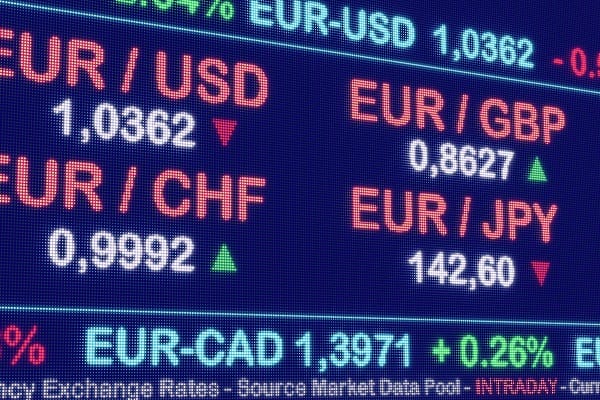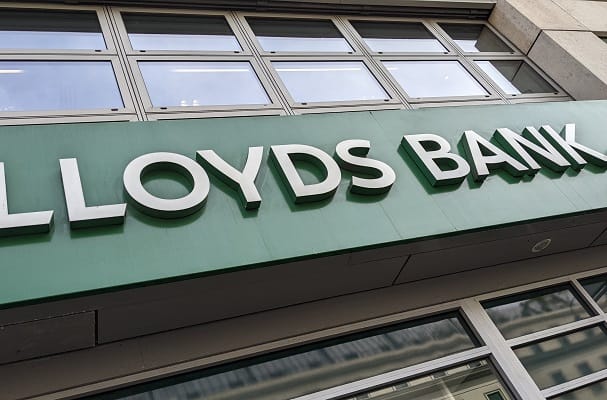Euro Slides Despite Consumer Optimism
After a brief morning lift, the euro has slipped back, falling 0.16% against the dollar (EUR/USD). The dip follows a blend of softer inflation data and a quick drop in Euro‑zone bond yields.
What’s Driving the Drop?
- Disinflation – Producer prices fell 0.5% last month, the fastest decline since last July.
- Lower bond yields – German 10‑year Bunds hit the lowest level since March, while Italian, Spanish and French yields all slid sharply.
- Consumer sentiment – German shoppers are feeling a bit brighter but still wary, easing fears but not shutting off saving.
Consumer Confidence in Germany
The latest GfK Consumer Climate Index for December shows a headline score of 25.1, the strongest since August last year. Compared to the expectation of –27, this is a real boost.
Senior analyst Rolf Bürkl notes that the uptick marks the start of a rebound, though sentiment remains low due to geopolitical worries and the cost of living. The key improvements are:
- Income expectations climbed to –6.9 (vs –16.7 in November and –43.4 a year ago).
- Willingness to buy rose to –8.8 (from –15 in November and –16.3 last year).
- Economic expectations moved from –2.3 in November to –0.4 today, still cautious but less gloomy.
High interest rates keep nudging people to save more, and the real interest rates are the highest since 2007. Yet, as inflation heads lower, the patience of both consumers and investors is slowly turning into optimism.
Key Inflation Numbers
Consumer price changes stay relatively modest: 3.4% annually, almost flat month‑on‑month. Durable goods fell by 4% year‑over‑year. Energy and electricity prices dropped sharply in November, at 21.4% and 30.8% respectively.
Bond Yields and Their Impact
For the euro to hold its earlier gains, the bond market had to play a role:
- German Bunds 1.973% (lowest since March)
- Italian 10‑year 3.587% (lowest since August)
- Spanish 2.922% (all‑time low for the year)
- French 2.481% (lowest since February)
These falling yields add downward pressure on the currency, outweighing the lift from consumer sentiment.
What Does All This Mean?
Even though German shoppers are buying more and saving less, uncertainty keeps them cautious. With inflation easing and the bond market moderating, the euro’s slide looks more like a tweak than a major shift. Monitors will watch for signs that the economy can stay on a soft landing without tipping into a recession.



